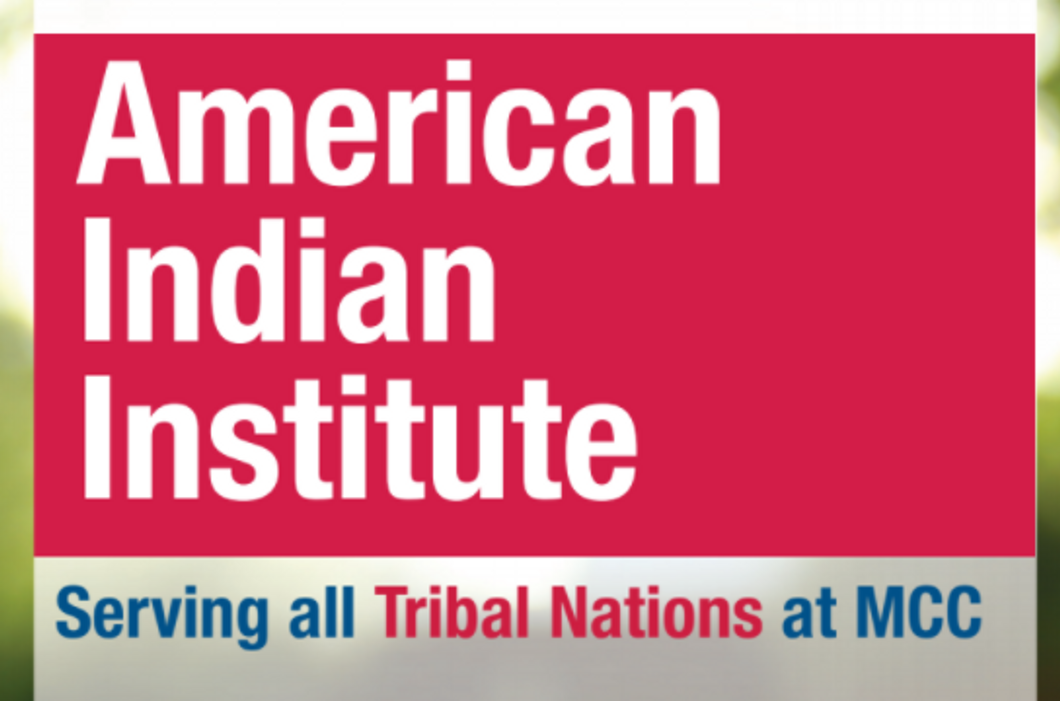In the midst of a pandemic, navigating school, work, and a personal life is a challenge for millions of college students across the United States. But for those who live on Native American reservations, these challenges are amplified.
The American Indian Institute at Mesa Community College (MCC) hopes to provide Native students with the support and resources needed to thrive in the world of higher education.
Proudly stated on the MCC website, this junior college currently has the largest population of Native students among all other Arizona community colleges and is ranked 8th in the nation for associate degrees conferred to Native Americans.
Established in 1986, the American Indian Institute plays a big role in the success of indigenous students at MCC. With a resource center located at the Southern and Dobson campus, this organization provides counseling, transfer help, academic advising, help with financial aid and tribal scholarships, and a welcoming environment where students can connect with one another.
American Indian Institute Director and member of the Seminole Nation of Oklahoma, Jim Larney, wants every Native student at MCC to feel a sense of belonging.
"When you enter an institute of higher education, everyone comes in with baggage, different emotions, feelings, and walks of life," said Larney. "But when you see someone who looks like you, who talks like you, who gets you, you feel a sense of relief. The American Indian Institute strives to be that home away from home."
This sense of community has remained strong even in the midst of COVID-19 when many of these students face new challenges as they attend school remotely from their homes on various tribal reservations.
"A lot of our students returned home, and where home is, they don't have access to the internet," said Larney.
The American Indian Institute and MCC were able to assist these students through providing laptops and information on where to find "WIFI hotspots" close to multiple reservations across the state. But the internet is only one of the many problems faced by reservations throughout Arizona and the U.S. during COVID-19.
For example, the Navajo Nation which stretches across Arizona, New Mexico, and Utah has been severely impacted by this pandemic. According to the Navajo Department of Health there has been 12,971 positive cases and 596 deaths among Navajo residents. And a recent rise in positive cases has resulted in a new daily curfew starting Nov.13.
Both Navajo Nation President Johnathan Nez and Vice President Myron Lizer issued statements via press release, urging its members to stay safe and pray for the health of Native elders and students.
"Keep fighting this pandemic together and we will overcome. We are in a difficult situation right now, and many of our Navajo people are grieving the loss of their loved ones due to COVID-19," said Vice President Lizer. "we have to keep supporting and praying for one another."
Many reservations lack basic infrastructure, electricity, running water, and access to proper healthcare. All of these factors make it difficult for some tribes to battle the pandemic.
"Our health care system will be overwhelmed and in a crisis situation if we keep seeing increases in new cases," said President Nez "We are dealing with an invisible monster and the only way we are going to beat this virus is by doing it together and listening to our public health experts."
Togetherness is a key aspect of the American Indian Institute as its staff provides emotional and academic support to students in these situations and Larney fully believes that these challenges have only further proven the strength of Native Americans.
"It's a different world, but at the same time it is home for a lot of students," said Larney when talking about Native reservations. "It may not have all the buttons and whistles of a modern city, but it's home. It's not unusual for students to get up at 5 in the morning to go get water and take care of livestock. But we don't think about it as a struggle, it's just life."
And life continues as the American Indian Institute provides resources and events honoring Native American history and culture through an online format. This institute also continues to recruit students from high schools across Mesa and Arizona. And while the future of COVID-19 is unknown, the American Indian Institute will always be an extra lifeline for every Native student at MCC.
"The most valuable thing I have learned from these students is hope and resilience," said Larney. "As Natives we adapt and overcome, and these students have a resilience to keep going."




 Energetic dance performance under the spotlight.
Energetic dance performance under the spotlight. Taylor Swift in a purple coat, captivating the crowd on stage.
Taylor Swift in a purple coat, captivating the crowd on stage. Taylor Swift shines on stage in a sparkling outfit and boots.
Taylor Swift shines on stage in a sparkling outfit and boots. Taylor Swift and Phoebe Bridgers sharing a joyful duet on stage.
Taylor Swift and Phoebe Bridgers sharing a joyful duet on stage.








